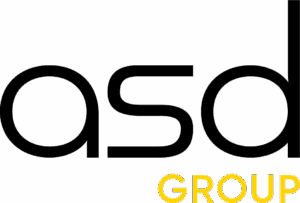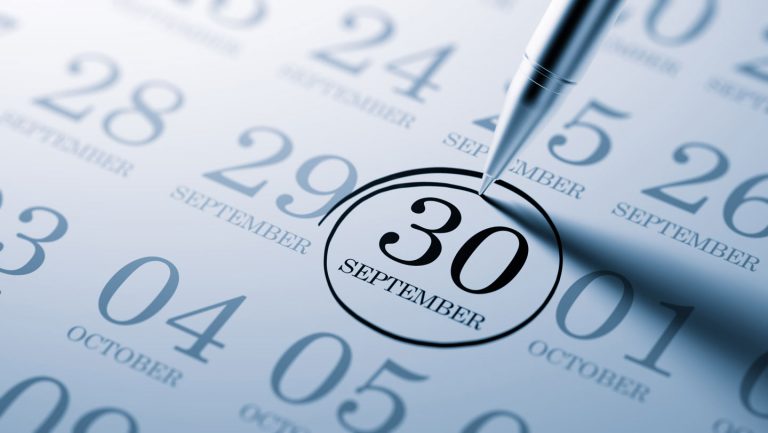The Dutch Supreme Court recently handed down a ruling on the obligations relating to the application of the VAT reverse charge mechanism.
The Court ruled that the identity of the customer must be known in order to apply the reverse charge mechanism.
The reverse charge is an indirect tax mechanism under which responsibility for payment of VAT due to the tax authorities is transferred from the supplier to the customer.
The reverse charge only applies to business-to-business (B2B) transactions and its application must be indicated on the invoice. The customer then calculates the VAT due and pays it to the tax authorities.
This decision by the Dutch Supreme Court is the result of a case in which a Dutch entrepreneur found himself in a tricky situation.
Facts about the case
The case before the Supreme Court concerned a Dutch contractor who supplied non-ferrous metals to a German contractor for delivery from the Netherlands to Germany.
Before making the first delivery, the contractor checked the customer’s German VAT identification number, which was invalid.
The Dutch contractor decided to deliver the goods anyway and issued an invoice to the customer with reverse charge VAT.
The customer collected the goods and paid in cash. Although he repeatedly asked the customer for a valid VAT identification number, this was never provided to the Dutch contractor.
Supreme Court ruling
The Supreme Court agreed with the tax authorities, holding that as the identity of the purchaser of the goods was not known, the principles of legal certainty, proportionality, legitimate expectations and fiscal neutrality did not preclude the supplier from charging VAT on the sale, contrary to the Court of Appeal’s assumption.
Practical impact and advice
Businesses should always carefully check the identity of their customers in intra-Community transactions. However, if the identity of the customer remains unknown, the reverse charge cannot be applied.
In the interests of good practice, it is essential that the identity of the customer and the VAT number valid in the VIES database are verified and stated on the invoice for intra-Community supplies, to avoid any surprises in the event of a tax audit.
Don’t hesitate to contact our experts for more information!
Source: uitspraken.rechtspraak.nl (in Dutch)



